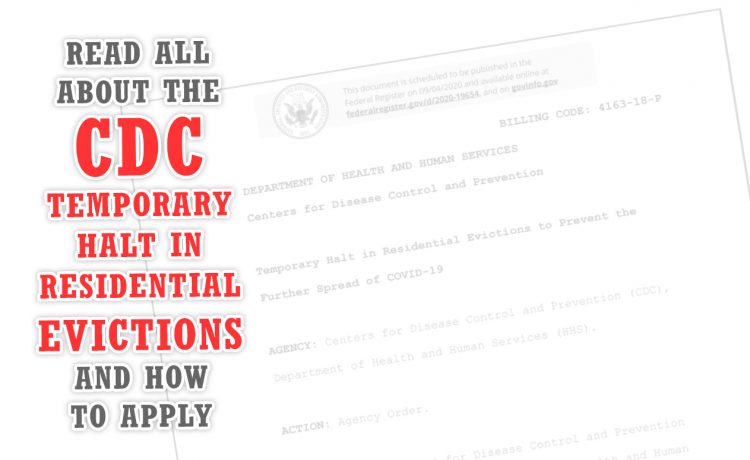To prevent the spread of the COVID-19, the U.S. Centers for Disease Control and Prevention (CDC) has issued a national moratorium on evictions for nonpayment of rent from September 4 until December 31, 2020. This places a temporary halt to residential evictions in an effort by the CDC to help prevent the further spread of COVID-19. The moratorium does not prevent evictions for other reasons and does not relieve tenants of any obligations to pay rent, late fees, or penalties.
“The CDC has laid out strict guidelines tenants must follow in order for the moratorium to apply,” said Attorney General Rutledge. “As Arkansans continue to recover from the economic hardship created from the pandemic, many states are working with our federal partners to prevent further spread of the virus during uncertain times.”
Tenants seeking protection under the moratorium are required to submit a declaration, under the penalty of perjury, stating their inability to pay rent with specific supporting facts. The declaration, for example, must include statements reflecting: the tenant’s efforts to obtain government assistance; the tenant’s income; the tenant’s inability to pay rent due to loss of income, work, or significant medical expenses; the tenant’s efforts to try to make full or partial rent payments; and whether the eviction would likely cause the tenant to live in a homeless shelter or in close quarters with others where COVID might proliferate.
The Attorney General released the following tips to help consumers understand the CDC’s Order:
- The CDC’s Order does not forgive rent payments and does not relieve tenants of the obligation to pay rent.
- Tenants are encouraged to continue paying rent in an agreed amount with their landlord in order to avoid any large amounts of rent due following the expiration of the moratorium.
- Tenants protected by the moratorium will still have to pay all rent due under the lease when the moratorium ends.
- To utilize the CDC Order’s protections, tenants must submit a copy of a declaration to their landlord. A sample declaration is available at https://www.cdc.gov/
coronavirus/2019-ncov/covid- eviction-declaration.html. - Consumers who are in need of legal advice should contact a private attorney or Arkansas Legal Services.
For more information and tips to avoid scams and other consumer related issues, call the Arkansas Attorney General’s Office at (800) 482-8982 or visit ArkansasAG.gov.



